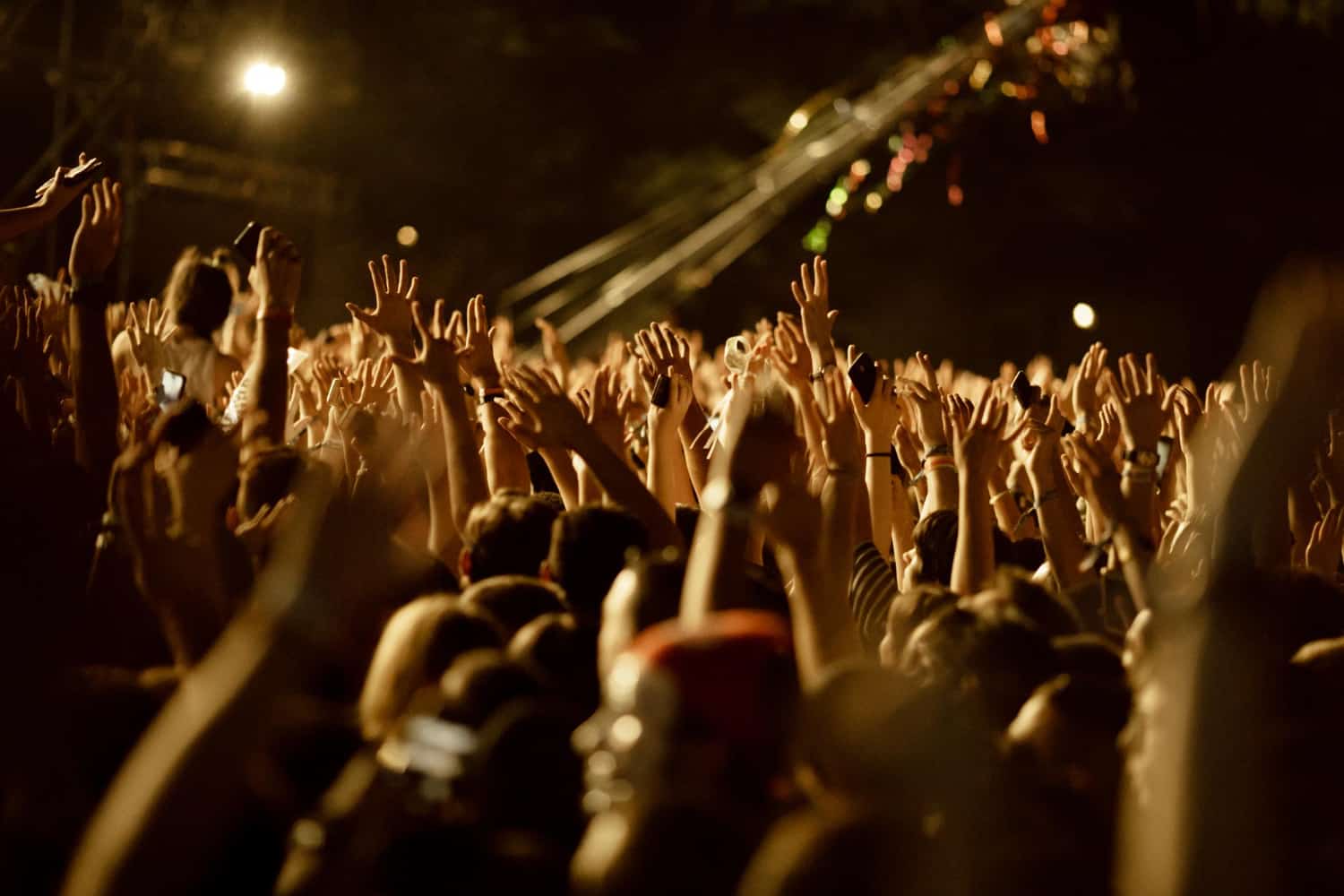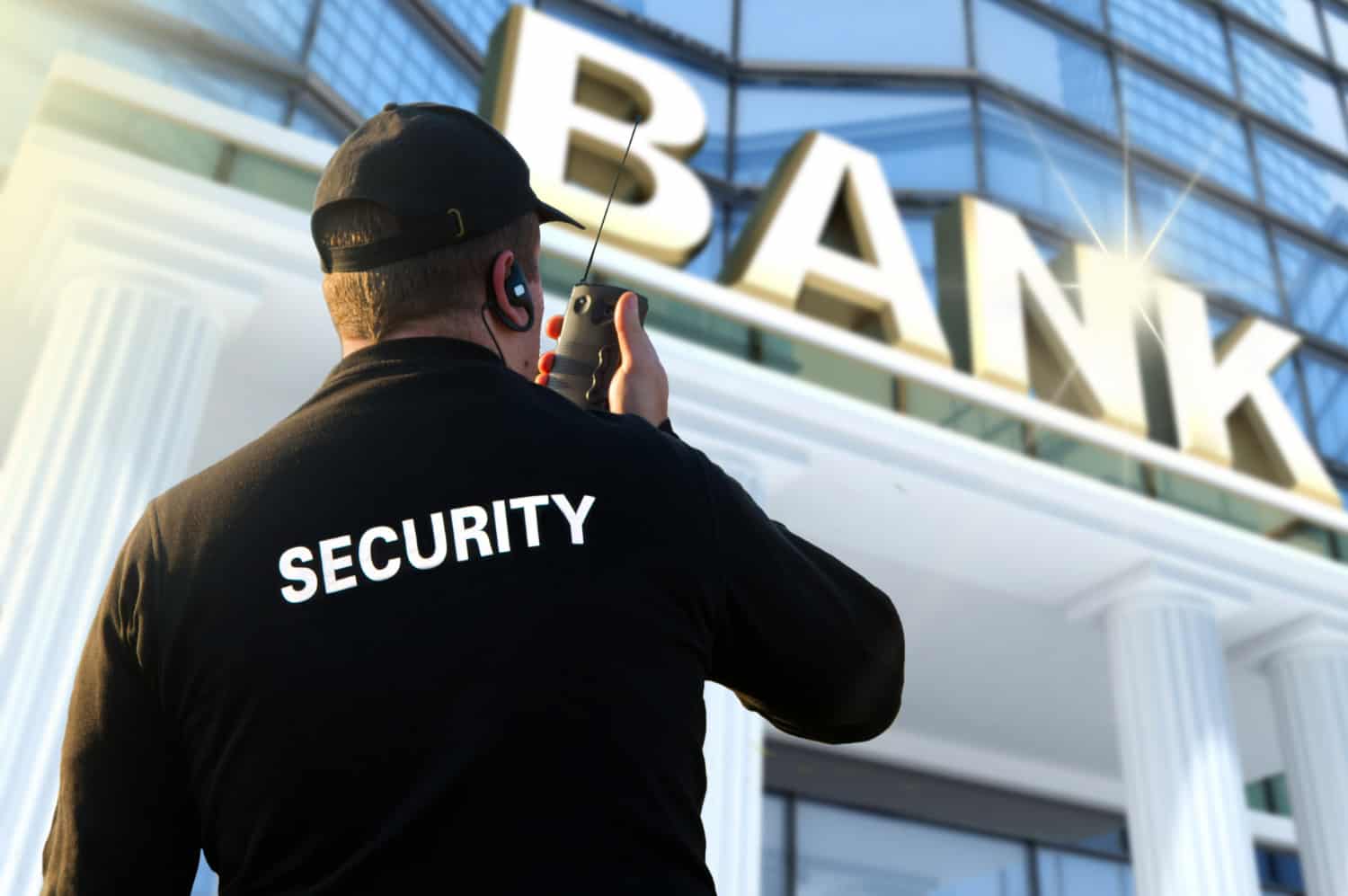Introduction:
Personal protection is a critical aspect of our daily lives. Whether it’s protecting ourselves from physical harm or protecting our personal information, taking steps to keep ourselves safe is a necessary part of modern life. This guide will cover the various aspects of personal protection, from personal safety to financial security, and provide practical tips for keeping yourself protected.
Physical Safety
Physical safety is an important aspect of personal protection. Here are some tips for keeping yourself safe in a variety of situations:
- Stay alert and aware of your surroundings: This means paying attention to what is going on around you, especially in crowded places or unfamiliar areas.
- Trust your instincts: If something doesn’t feel right, it’s important to take action to protect yourself. This could be leaving a situation, seeking help from a trusted friend or family member, or calling the authorities if necessary.
- Take self-defense classes: Learning self-defense techniques can give you the skills and confidence you need to protect yourself in dangerous situations.
- Stay in well-lit areas: Avoid walking in dark or poorly lit areas, especially at night. If you must walk in these areas, stay in well-lit areas and avoid walking alone.
Online Safety
In today’s digital world, online safety is an increasingly important aspect of personal protection. Here are some tips for protecting yourself online:
- Use strong passwords: Make sure to use strong, unique passwords for all of your online accounts. Avoid using easily guessable information, such as your name or birthdate.
- Keep software up-to-date: Regularly updating your computer and mobile devices can help protect you from potential security threats.
- Be careful when sharing personal information: Avoid sharing sensitive personal information, such as your social security number or financial information, online.
- Use anti-virus software: Make sure to install anti-virus software on your computer and mobile devices to protect yourself from potential cyber threats.
Financial Safety
Protecting your financial information and assets is an important aspect of personal protection. Here are some tips for keeping your finances safe:
- Monitor your accounts regularly: Regularly checking your bank and credit card statements can help you detect and prevent fraudulent activity.
- Use secure websites for online transactions: Only use secure websites when making online purchases or banking transactions. Look for the “https” in the website’s address and a lock icon in the address bar.
- Shred sensitive documents: Before disposing of sensitive financial documents, such as bank statements or credit card offers, make sure to shred them to prevent identity theft.
- Keep your credit report updated: Regularly checking your credit report can help you catch and address any errors or fraudulent activity.
Conclusion:
Personal protection is a critical aspect of our daily lives, encompassing physical safety, online safety, and financial safety. By taking steps to protect ourselves, we can ensure our safety and security in a variety of situations. Whether it’s staying alert and aware of our surroundings, using strong passwords, or regularly monitoring our finances, taking steps to keep ourselves protected is a necessary part of modern life.


